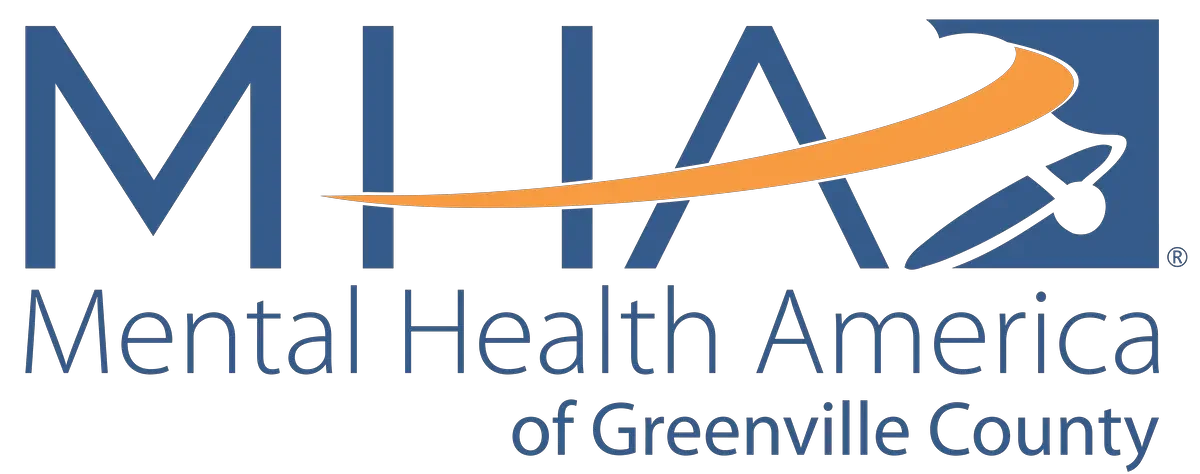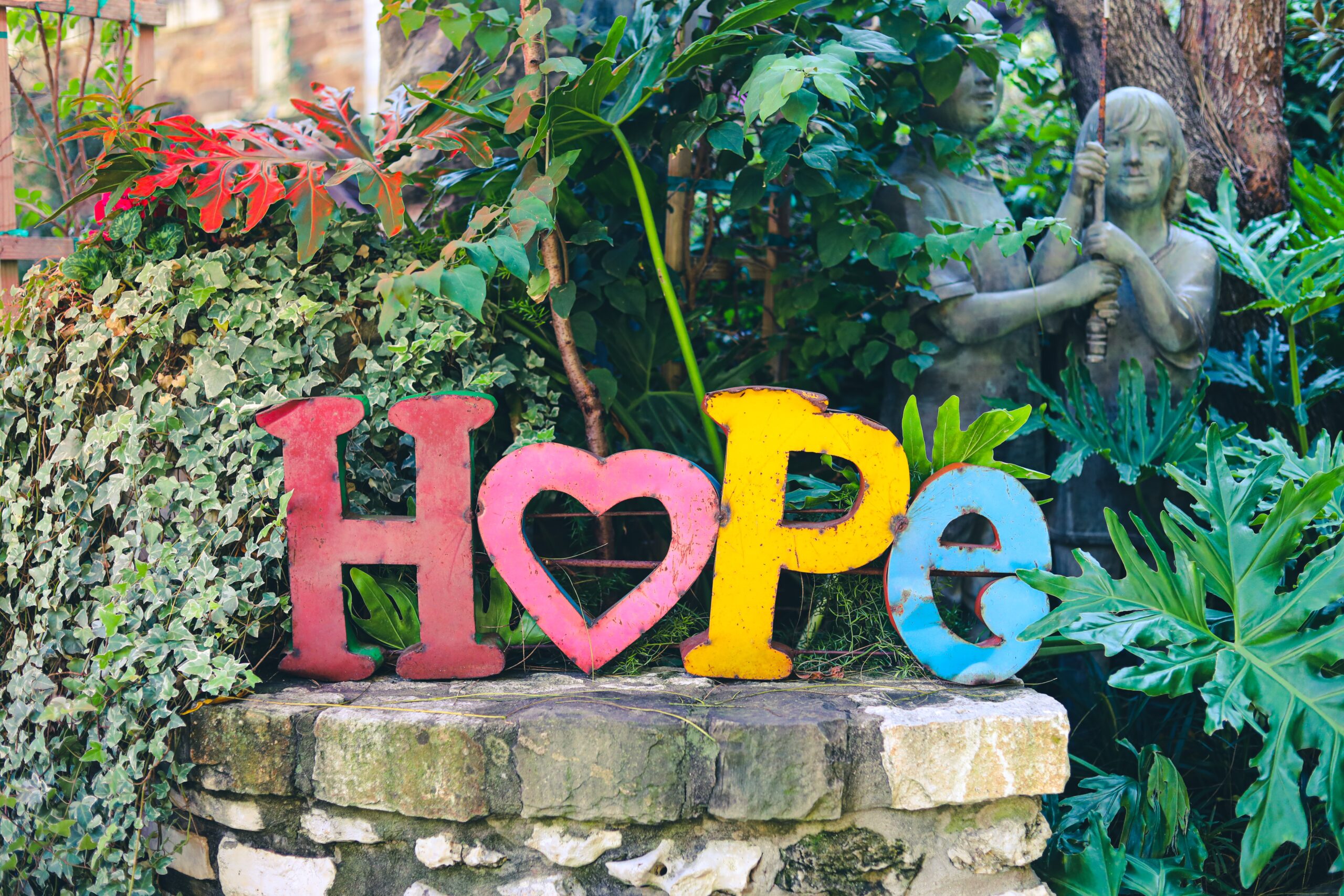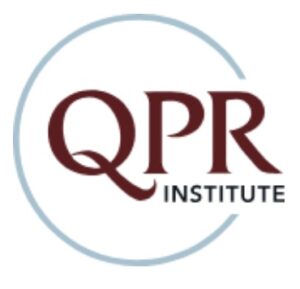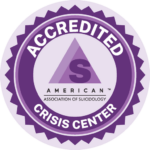Training in QPR: Question, Persuade, and Refer
Question, Persuade, and Refer (QPR) consists of three simple steps that anyone can learn in order to help save the life of a suicidal person. According to the CDC, suicide is consistently among the leading causes of death in the United States. It is also one of the most preventable. While a common myth about suicide is that talking about suicide with someone may give them the idea, but in truth, the simple act of asking the question, “Are you thinking of killing yourself?” can lead to saving a life. Open, frank, and calm discussion with a person who is having suicidal thoughts can open the door to hope.
The QPR Institute has developed multiple levels of training and certification for QPR gatekeepers – a term they use for “someone in a position to recognize a crisis and the warning signs that someone may be contemplating suicide.” Gatekeepers can be anyone – parents, friends, family members, neighbors, and members of the community, especially those in helping roles. In QPR’s one-hour training, gatekeepers learn the signs of suicidal thoughts, and ways to Question, Persuade, and Refer the suicidal person with the goal of accessing help.
The QPR Institute website has information about online and in-person training, including a search feature to find a trainer near you. For those in Upstate South Carolina, Mental Health America of Greenville County has QPR certified trainers who can offer in-person training to local groups interested in QPR.
I. C. Hope® – Don’t Duck Mental Health Program
The I.C. Hope® program is a free public awareness and education program geared to elementary age children that teaches basic mental health coping skills and aims to eliminate mental health stigma. The program features I.C. Hope®, a friendly duck who wears a bandage on his head, symbolizing that mental health issues are real and treatable, and a life preserver around his neck, symbolizing that every life is worth saving.
The program features story time, discussion, crafts and the “Down with the Duck” song and dance. By the end of the program, students should be able to identify new coping skills for bullying, grief, anger, and other mental health stressors.
Resources for Learning More about Suicide
The links below offer articles and resources for learning more about suicide, from the risk factors and signs that a loved one may be considering suicide to protective factors and suicide prevention information. You can also visit our Mental Health Resources page for more helpful links.



